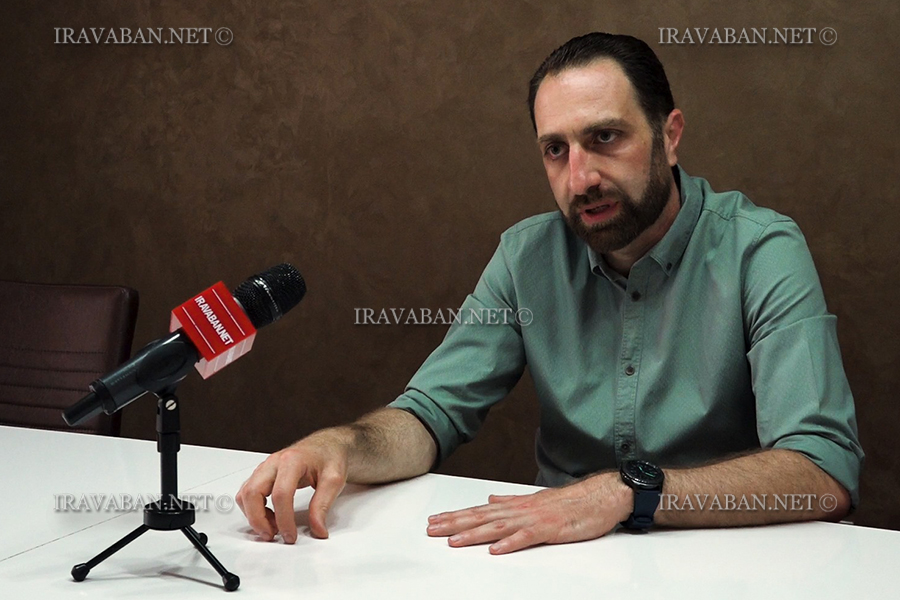In the second reading, the National Assembly fully adopted the package of draft laws “On Amendments to the Constitutional Law the “Judicial Code” and “On Making Amendments to the RA Criminal Procedure Code”, authored by MPs Vladimir Vardanyan and Vahagn Hovakimyan, by which the powers of the Supreme Judicial Council are clarified.
If in the past a majority of 2 or 2/3 of the votes of the members of the council was needed to subject the judge to disciplinary liability, now the majority of the votes of the members participating in the session will be enough, but not less than 5.
Iravaban.net talked about the draft with Grigor Bekmezyan, a scholar member of the Supreme Judicial Council.
He mentioned that in 2019-2020 he proposed to make such a change, as the Council regularly had a problem with ensuring a quorum.
“Some of the members were either absent, sick or on a business trip. In order to make our work more effective, it was suggested to reduce the set high threshold. The proposal was not included in the draft circulating at that time, but now they have decided that they should include and it was accepted. I am in favor of the new regulations,” Bekmezyan says.
In reply to the question why the draft was not provided to the judges, the member of the Council answered that he was not aware of the reasons. He only assumed that the deadlines between the first and second readings were short, and maybe that was the reason.
Speaking about the contradictions between the judges and the scientist members of the Council, Grigor Bekmezyan mentioned that such impression could have been created from the conversations taking place outside the SJC.
“If you go back to the activities of the SJC, you will see that we do not have such a problem. After the decisions are made, it is clear who voted and how. There have been two cases when the opinions of scientific and judge members have really been divided, but there have been only two such cases during the last two and a half years, which I consider normal,” he said.
It should be remembered that disciplinary action is not the main mission of the SJC. According to Article 173 of the Constitution, the Supreme Judicial Council is an independent state body that guarantees the independence of the courts and judges. According to the member of the, the SJC’s function of subjecting to disciplinary responsibility is a way to keep the judiciary free of lawlessness.
“This function also includes ensuring independence, because in any case they cannot impose a disciplinary sanction on a judge, until the SJC gives its consent. In other words, the SJC is the one who applies that penalty; the Council decides whether the motions are grounded or not. The judge knows that there can be no illegal action against him, as long as there is a SJC, and the Council is the one who gives the final solution to the issue,” Bekmezyan said.
The member of the Council drew attention to the fact that many motions for disciplinary liability were rejected. In addition, if a judge sees any interference in his activities, he/she is obliged to apply to the Council.
“I am sure that our judges are aware of legal consciousness, if someone sees obstacles in his/her activity, he/she will apply to us immediately. I think that the SJC is clearly fulfilling its constitutional mission. And the rumors that it does not fulfill them are baseless, and even more political,” Grigor Bekmezyan said, adding that recently one of the judges of the Administrative Court had applied to the SJC, and earlier Arsen Nikoghosyan and Karine Petrosyan, had applied to the Council as well.
To the question whether the Council enjoys the trust of the judges or not, SJC member Grigor Bekmezyan mentioned that the judges should say about that, “Moreover, the majority, and not the minority.”


















